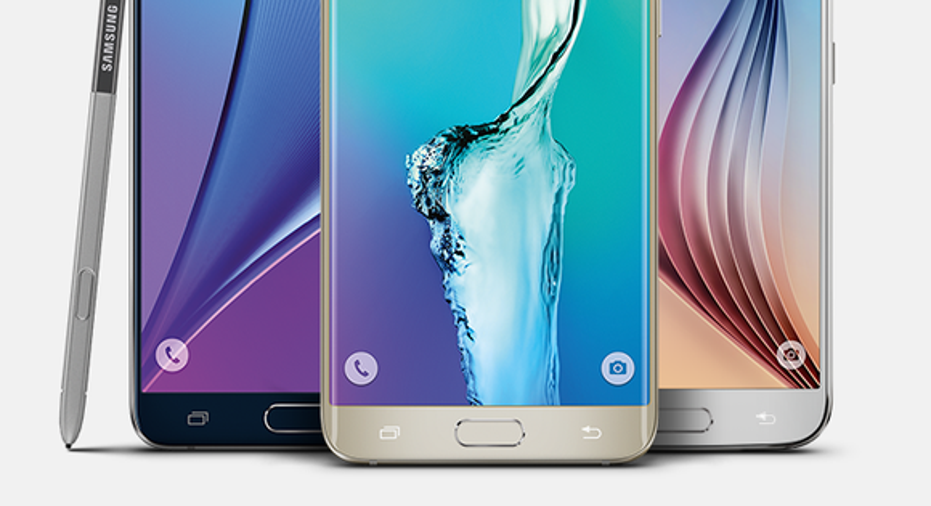Can Samsung Pull Off Its Biggest Transition Ever?

More recently, Samsung has been faulted for heavily taking design cues from Apple. Image source: Samsung.
Silicon Valley's next big export appears to be its start-up-focused culture.Samsung, the South Korean technology conglomerate, recently held a "Startup Samsung" ceremony to emphasize the company's attempt to transition from a heavily hierarchical company to a fast-moving, flat business model to spur innovation and collaboration.
You can't blame Samsung for attempting to change. Three years ago, Samsung commanded such a large percentage of Android market share that Alphabet (then Google) actually feared the company would attempt to leverage its market share to extract further concessions from Alphabet's core search and ad-based businesses.
More recently, the company has endured market share erosion amid competition on the high end from Apple and in the low-end, developing markets from a host of manufacturers also sporting Android's operating system. In the last year alone, Samsung lost 2.2 percentage points of market share, according to data from research firm IDC. But asking whether this change of mind-set will help Samsung is probably not the correct question to ask.
Can Samsung even change?According to a Reuters article about the shift in corporate culture, the company will reduce unnecessary overtime and weekend work and cut down on unnecessary meetings. South Korean culture is notorious for long work hours with the Organization for Economic Cooperation and Development pegging average annual hours worked there at 2,057 last year, 15% higher than the United States' average of 1,789. A CNN article comments on a culture where employees feel they can never say no to the boss.
This culture is not ideal for technology, disruption, or even a safe working environment. New York Times best-selling author Malcolm Gladwell faulted South Korean authoritarian culture and blind deference to authority for Korean Air's poor record of plane crashes in the 1990s in his book Outliers: The Story of Success. In the book, Gladwell blames South Korea's hierarchical structure being incongruent with planes designed to be flown by two equals. In this case, South Korea's cultural norms led to a string of possibly preventable airplane crashes and deaths.
If Samsung succeeds, will Apple lose out?If Samsung succeeds in instilling a change-oriented culture, it could be Apple that loses out. More recently, a few around Silicon Valley have called Apple out for a lack of new ideas and features in its last product event. Verge Executive Editor Walt Mossberg summed up the introduction of new iPads and iPhone SE as "derivative products and price cuts."
Additionally, Mossberg wrote an article in Re/code with the title "The iPhone 7 Had Better Be Spectacular," calling Samsung's newest Galaxy S7 "beautiful" and "carefully engineered." Outside of the curved-edge feature, though, many of Samsung's recent features for the Galaxy S6 and Galaxy S7 were essentially copied from Apple's iPhone line. From a form-factor standpoint, perhaps the biggest innovation was Samsung's Galaxy Edge feature. If Samsung is able to instill a start-up mentality, it could go a long way toward disruption and innovation at the expense of its U.S. competitor.
That said, it will be difficult for Samsung to quickly embrace a start-up mind-set. Changing a corporate culture is hard; changing a national culture is even harder.
The article Can Samsung Pull Off Its Biggest Transition Ever? originally appeared on Fool.com.
Suzanne Frey, an executive at Alphabet, is a member of The Motley Fools board of directors. Jamal Carnette owns shares of AAPL. The Motley Fool owns shares of and recommends GOOG, GOOGL, and AAPL. Try any of our Foolish newsletter services free for 30 days. We Fools may not all hold the same opinions, but we all believe that considering a diverse range of insights makes us better investors. The Motley Fool has a disclosure policy.
Copyright 1995 - 2016 The Motley Fool, LLC. All rights reserved. The Motley Fool has a disclosure policy.



















